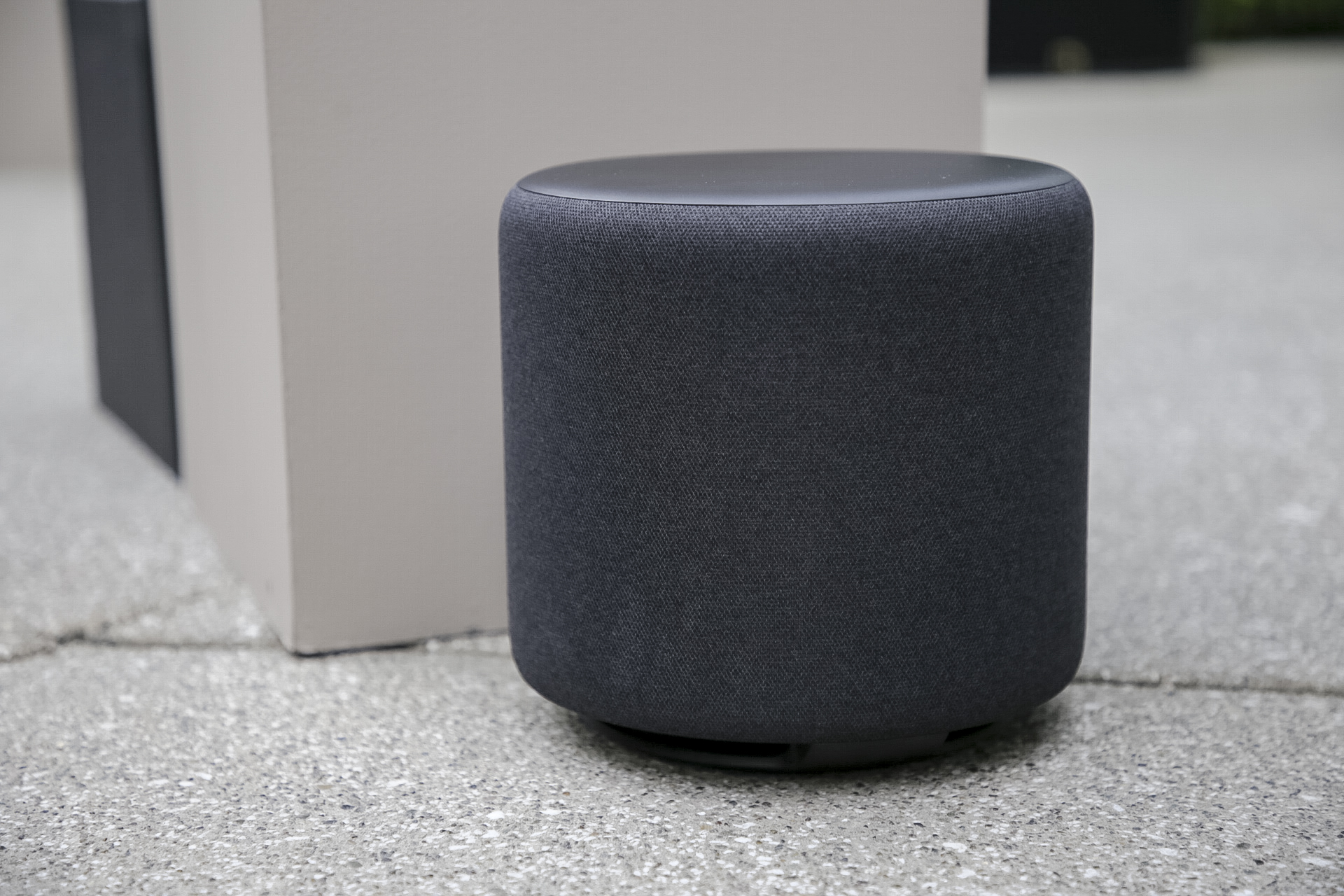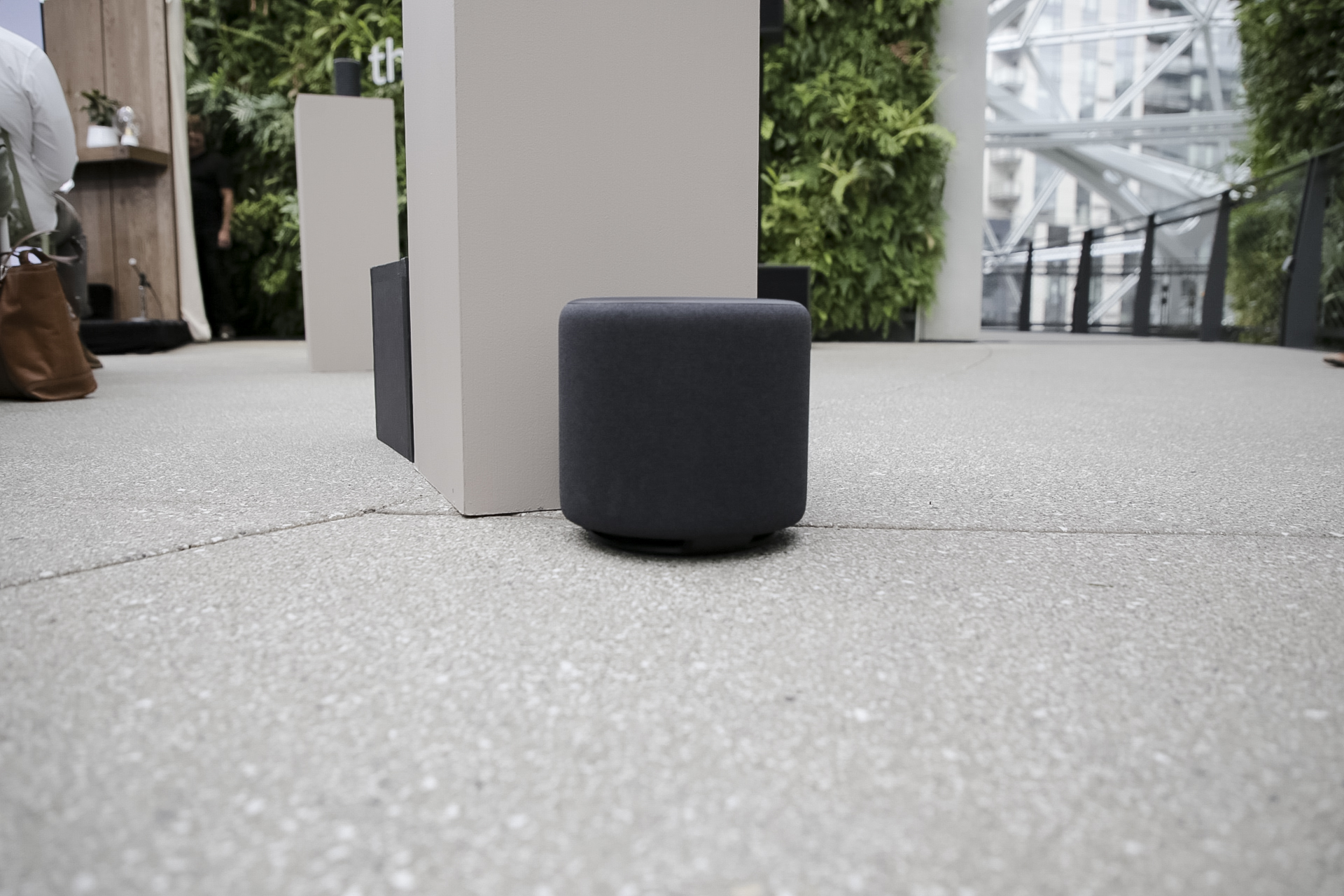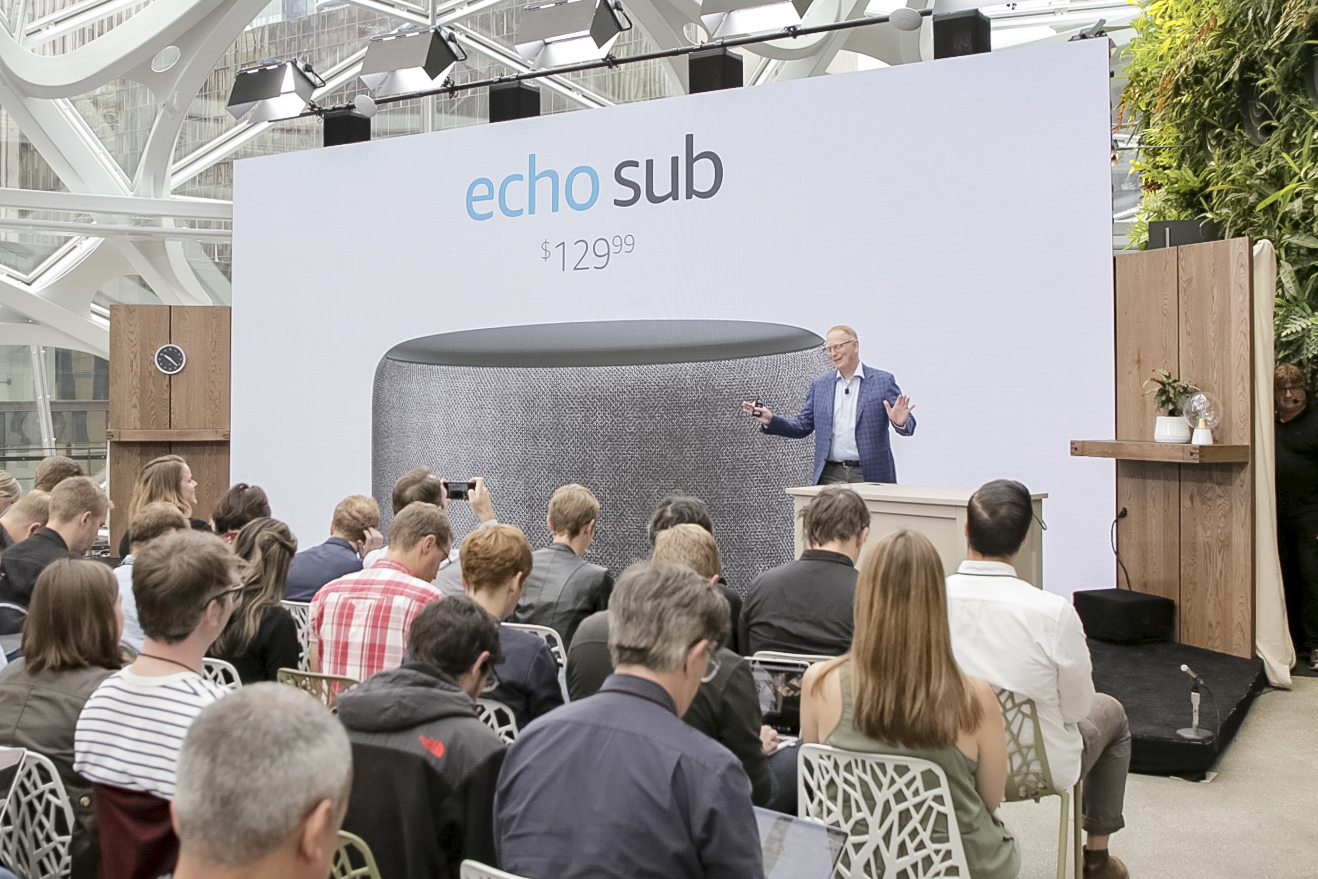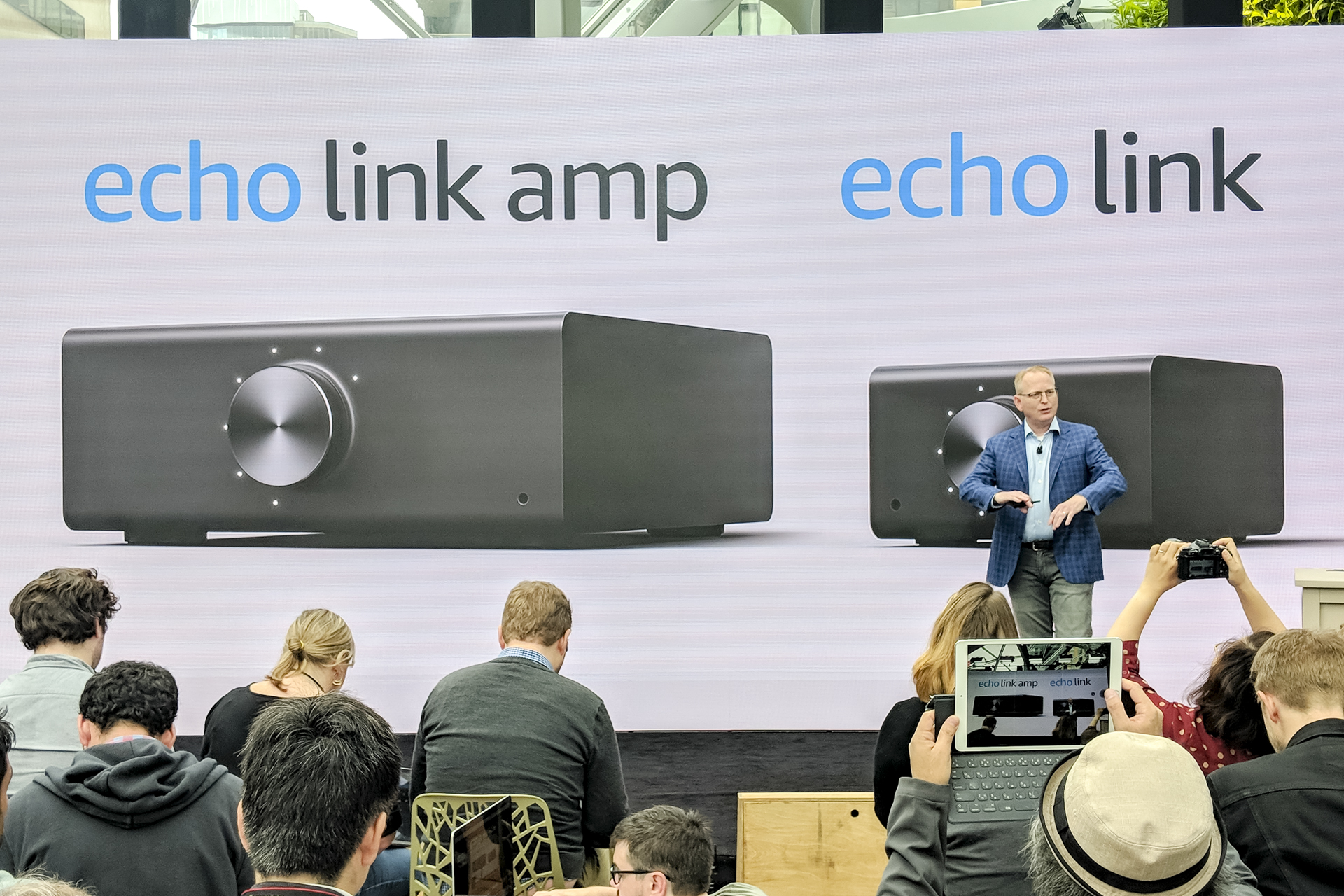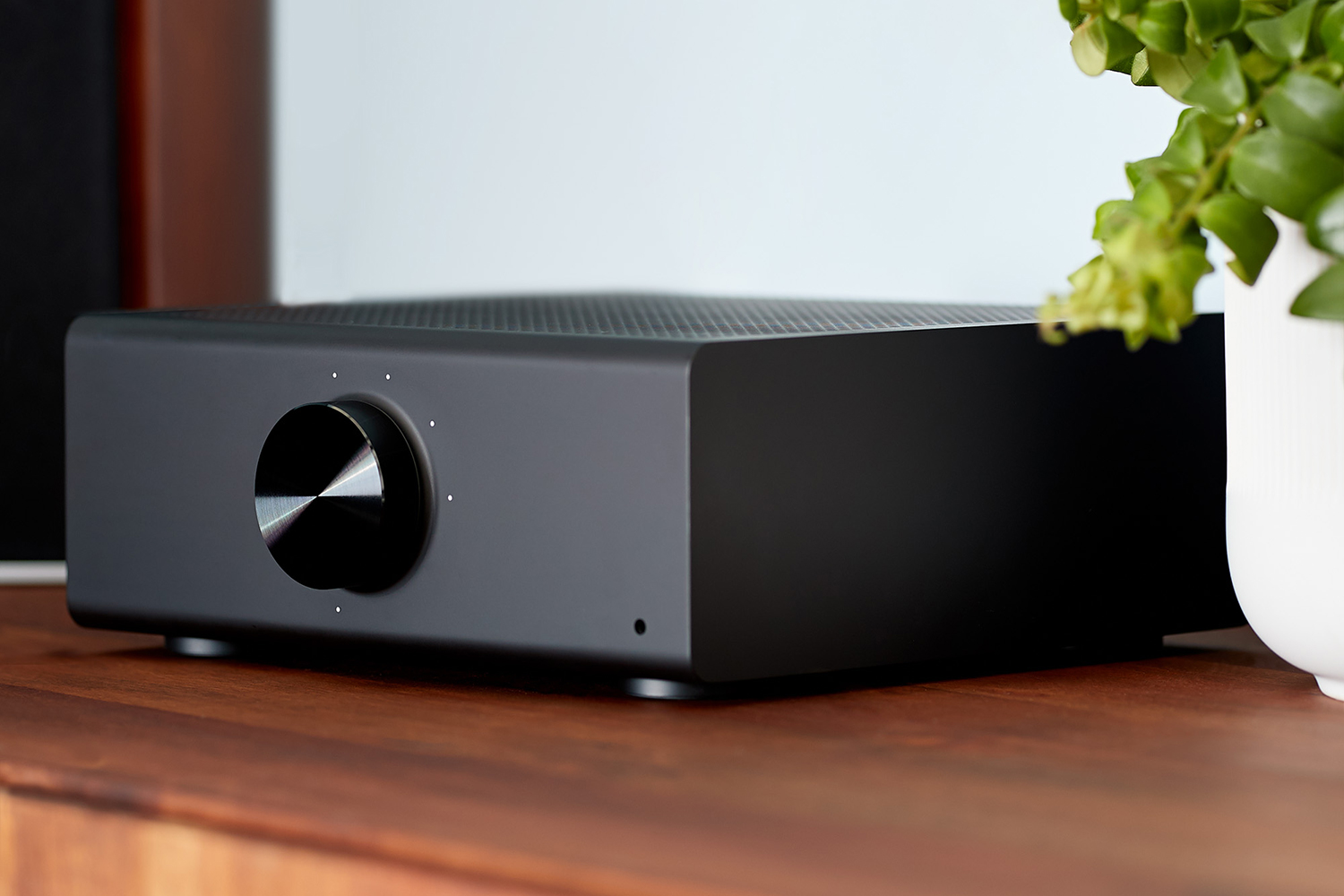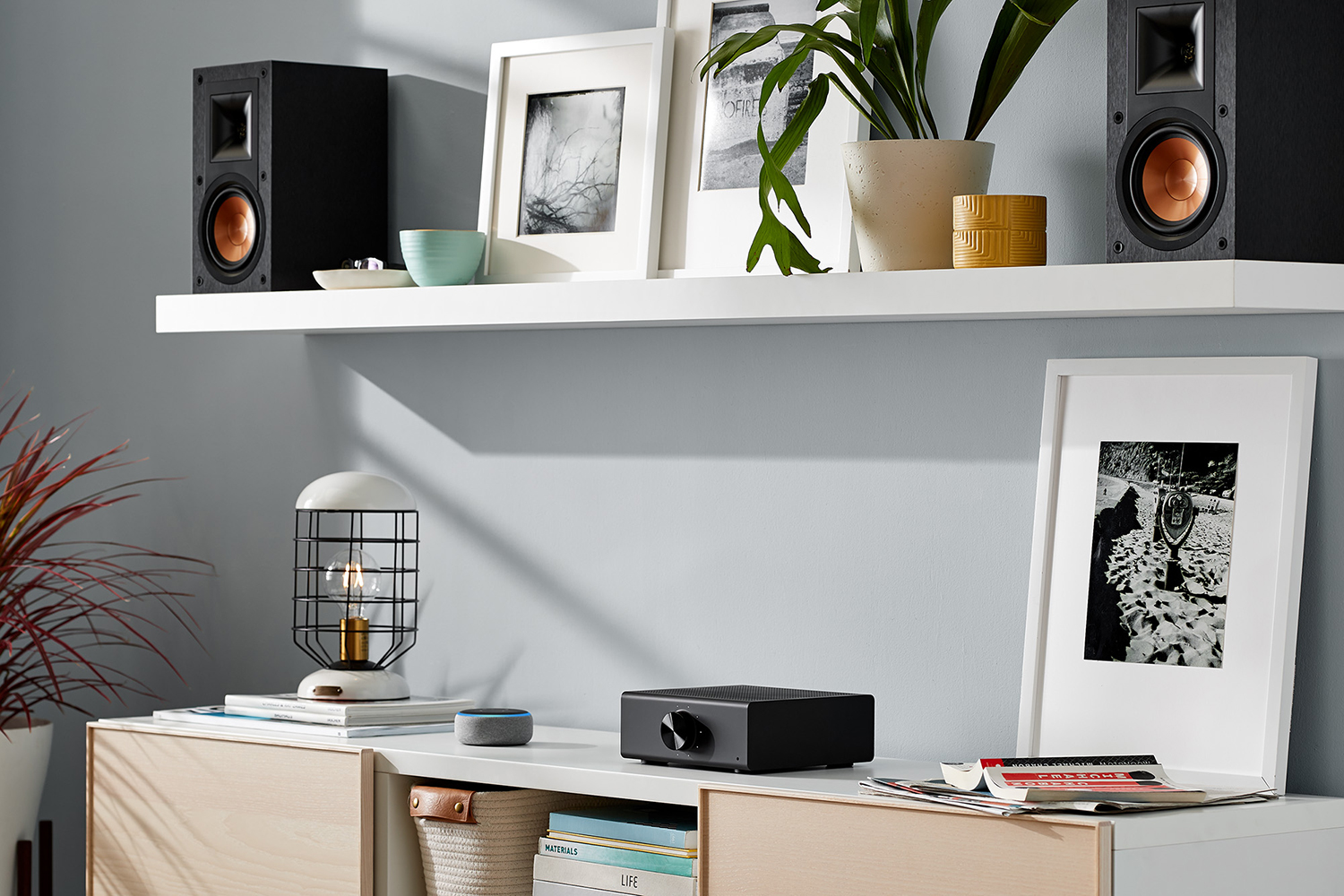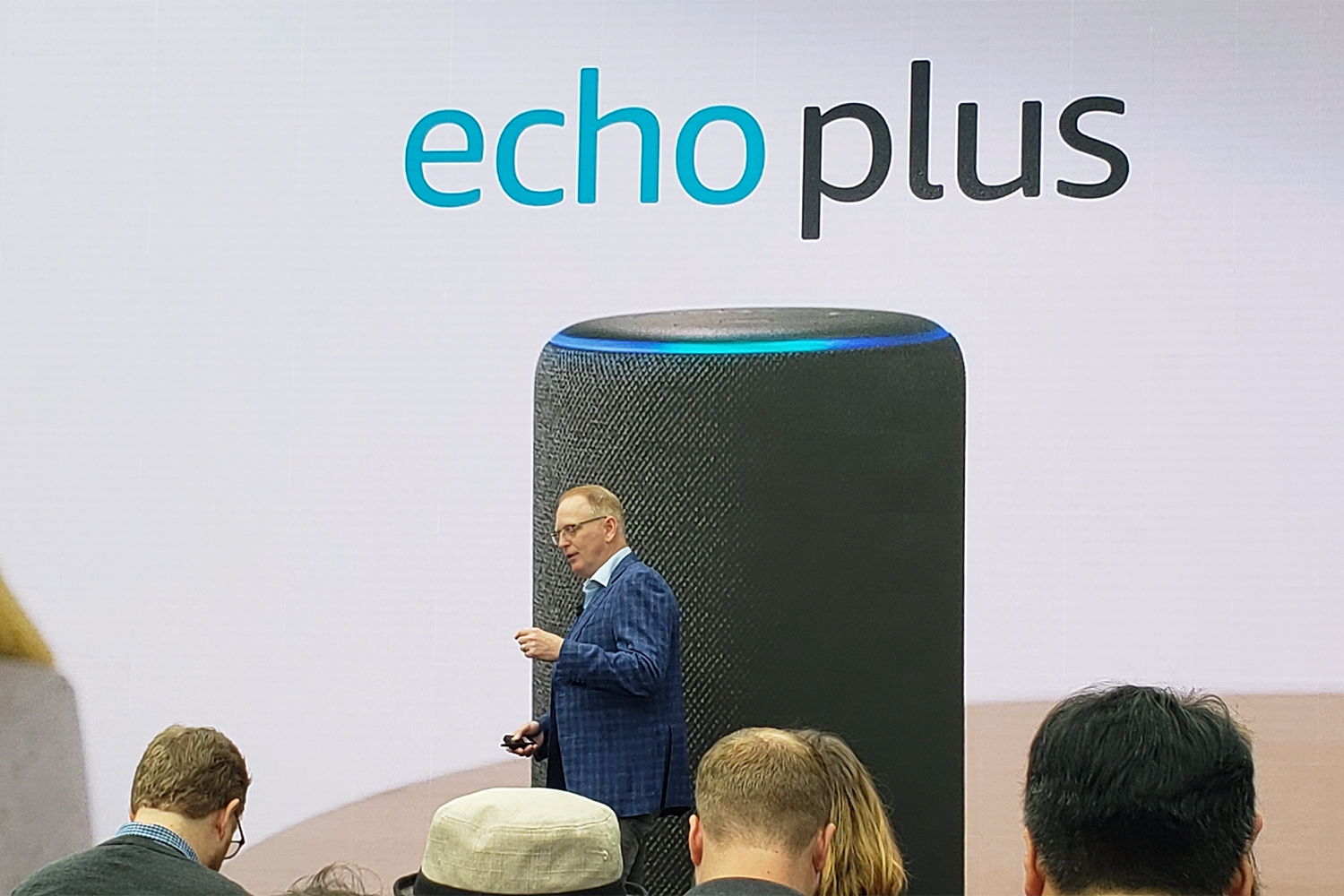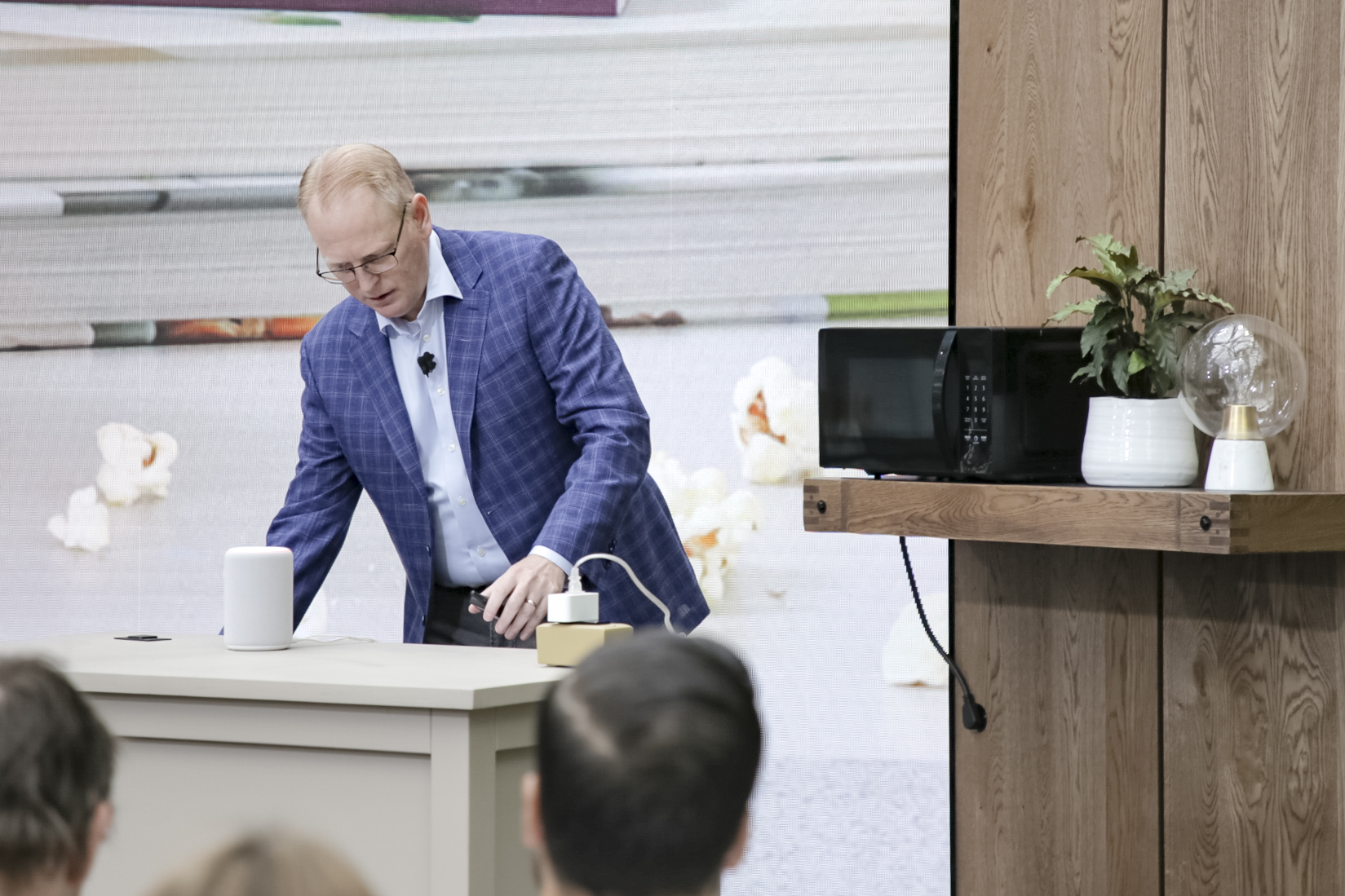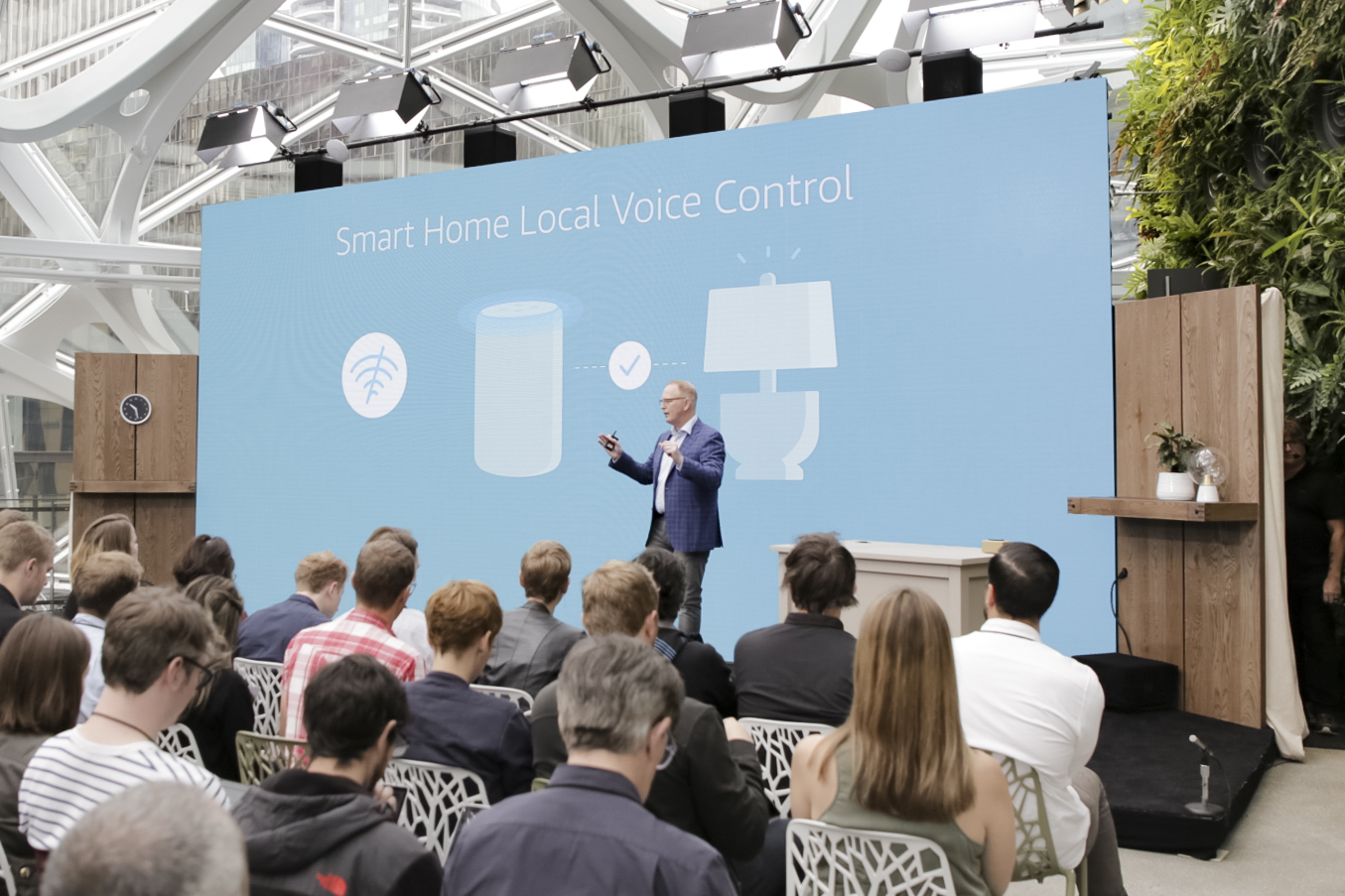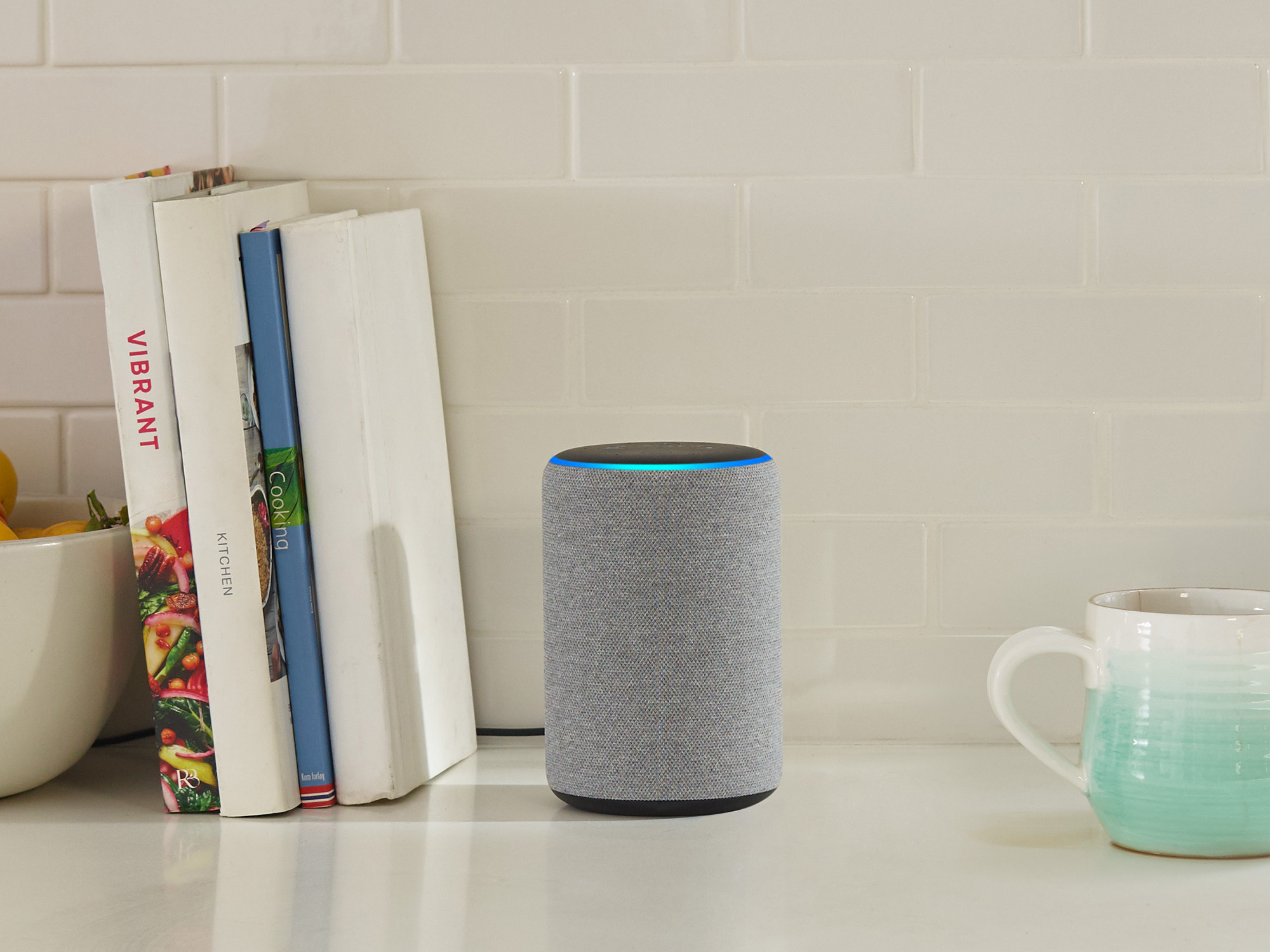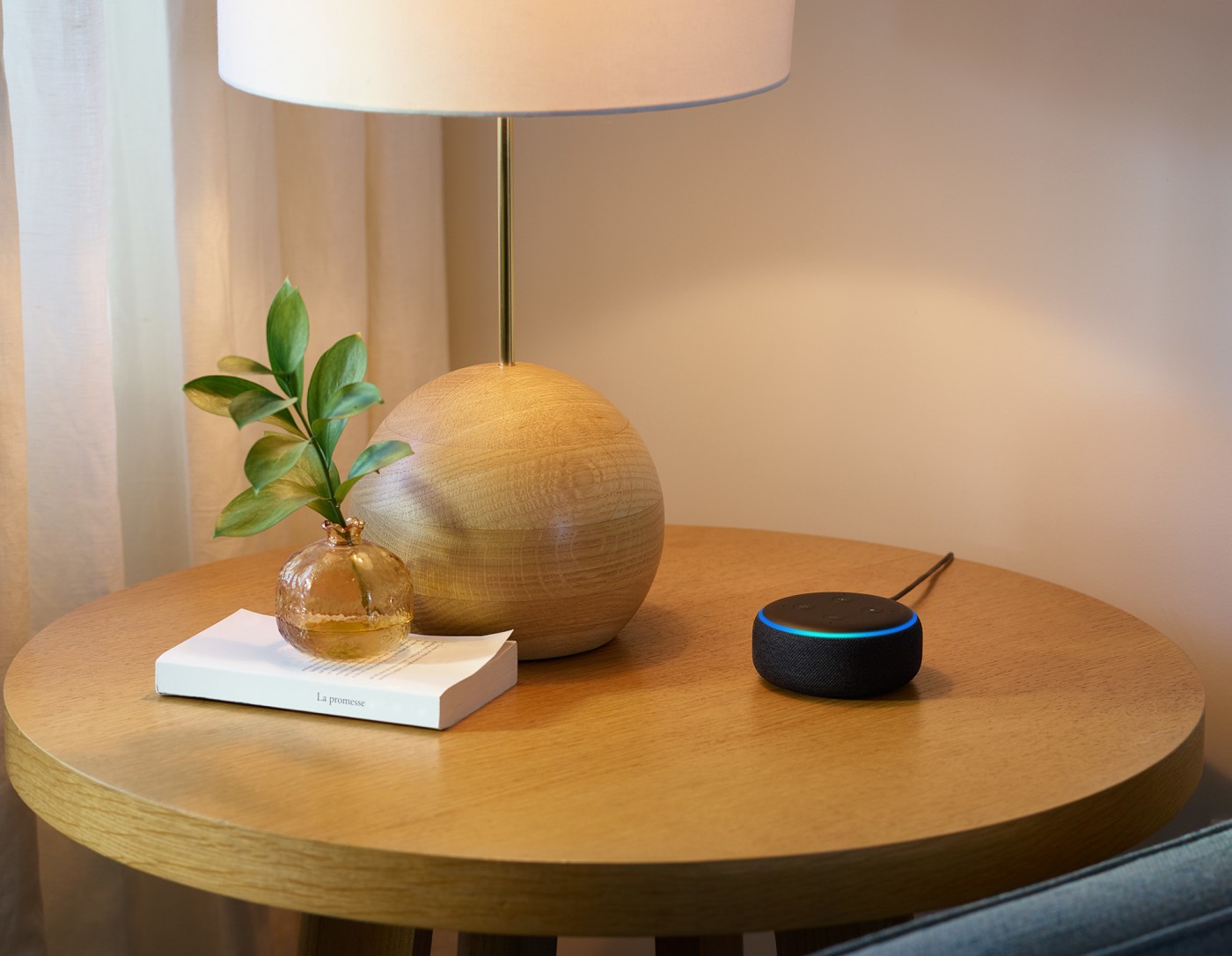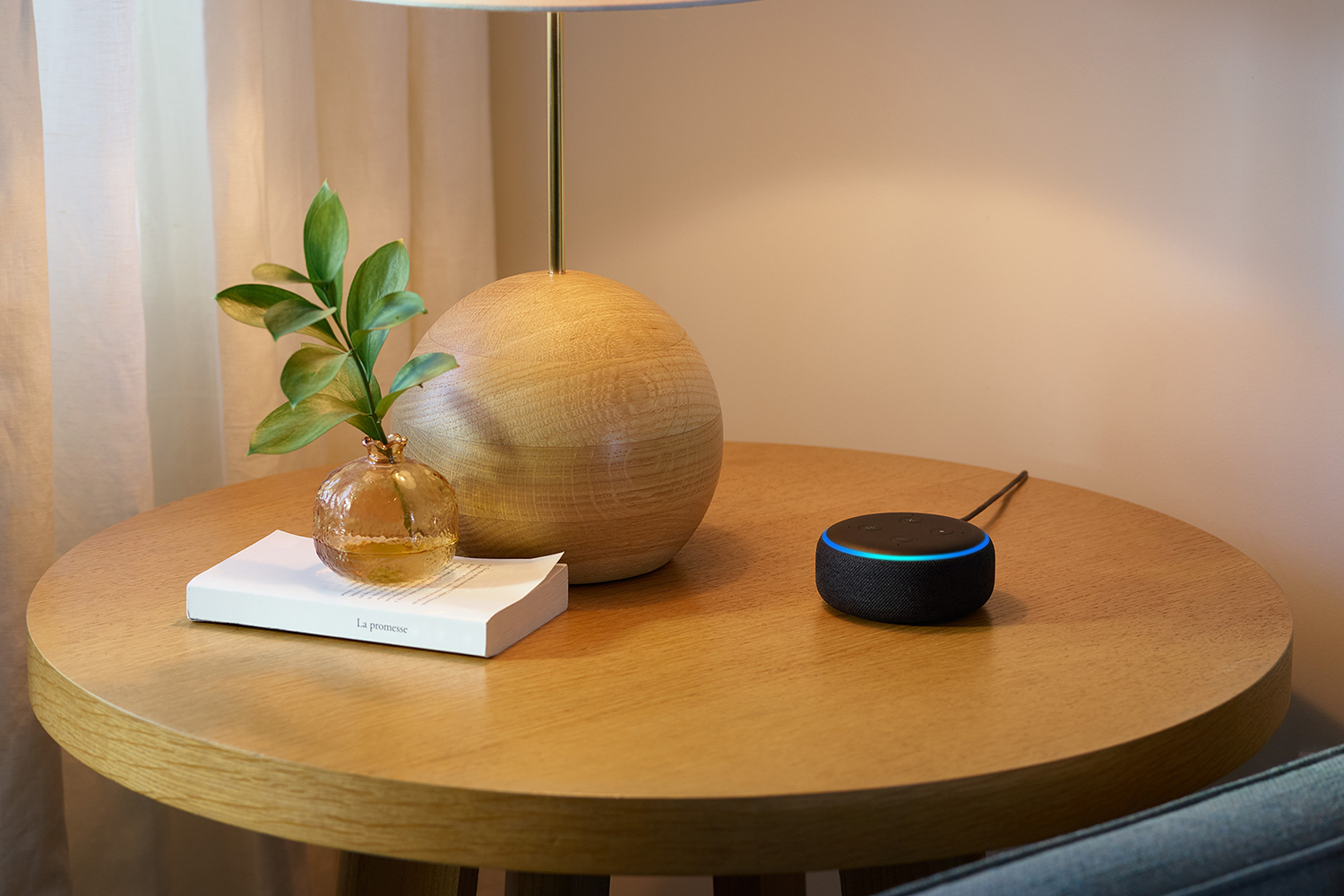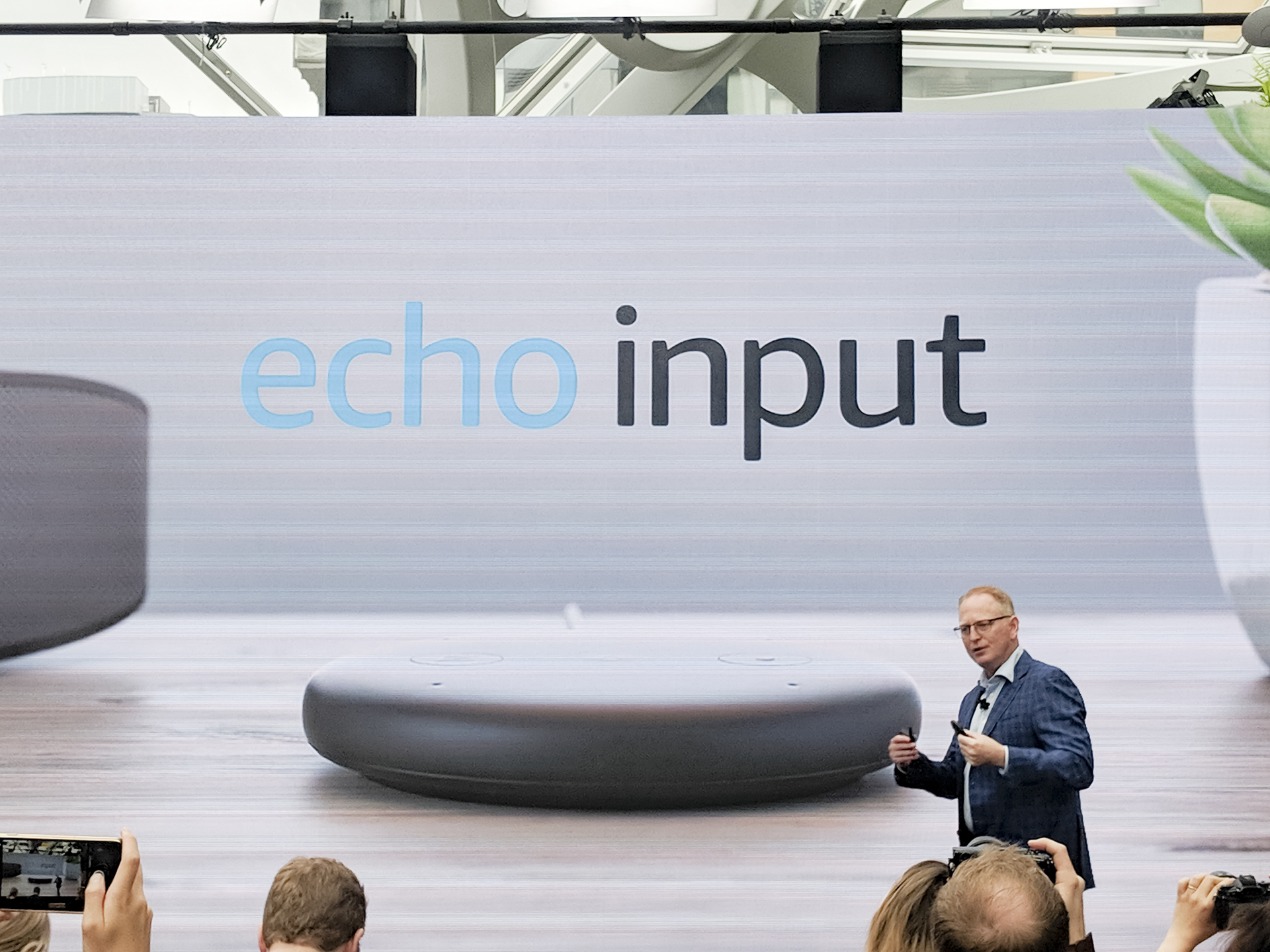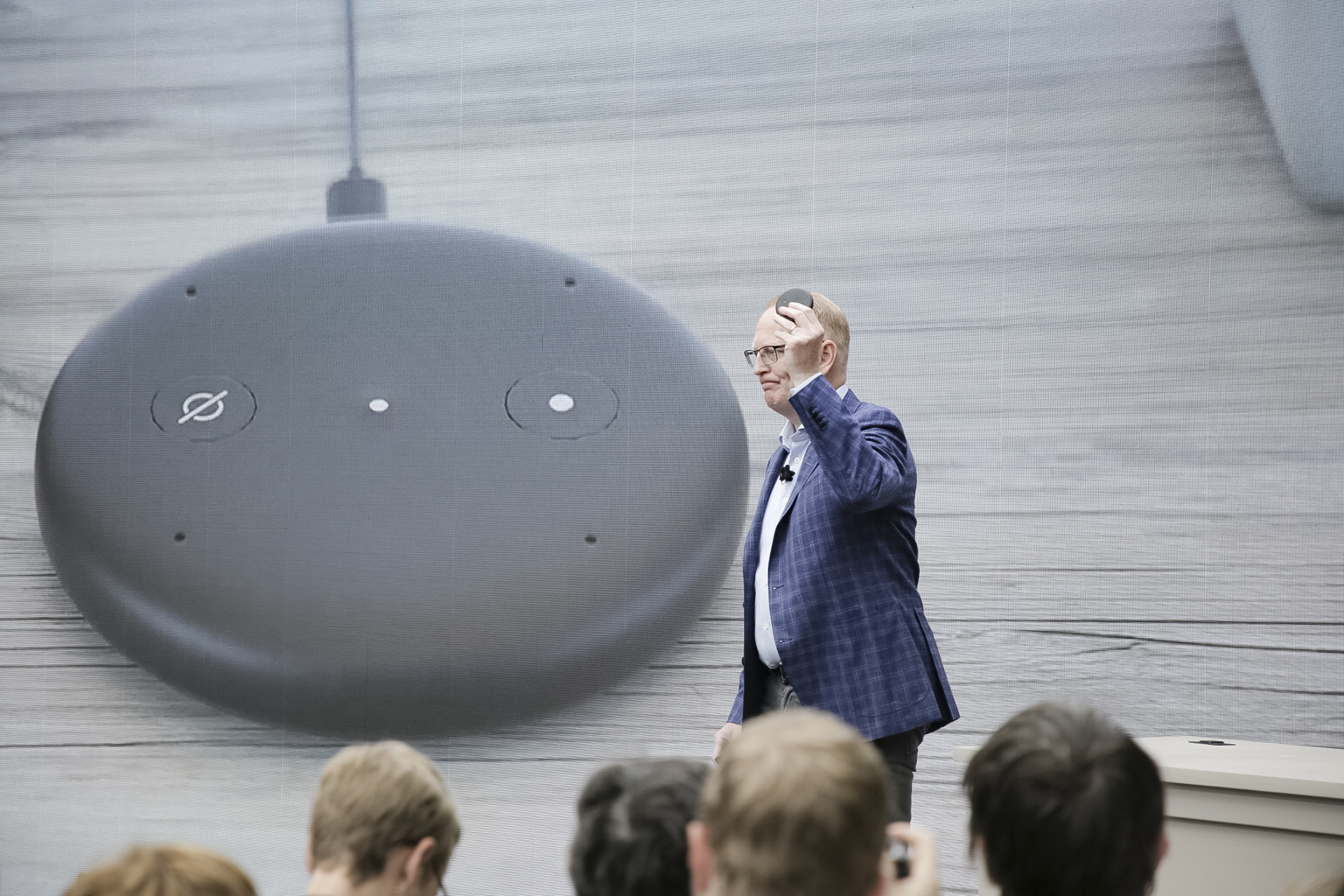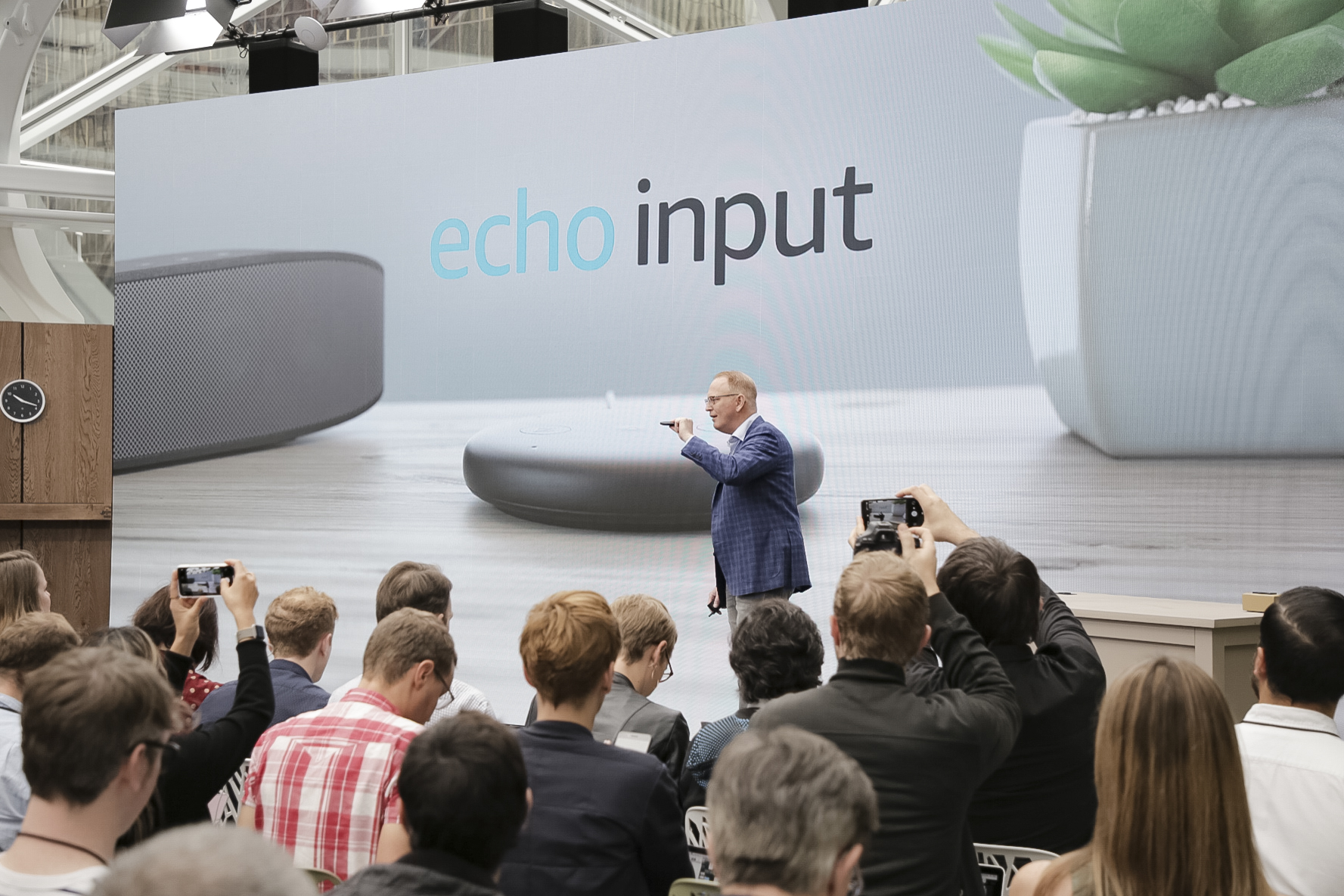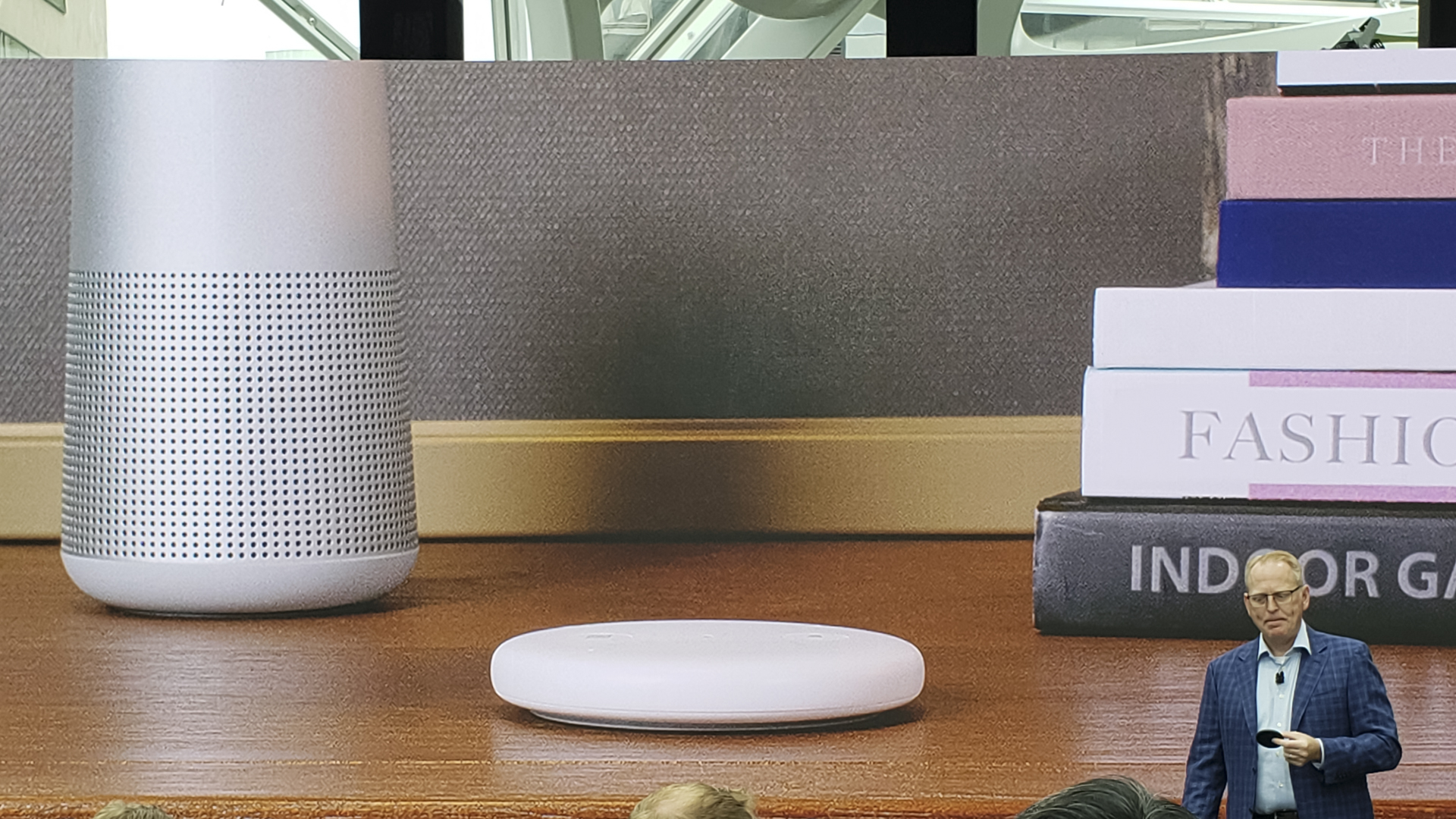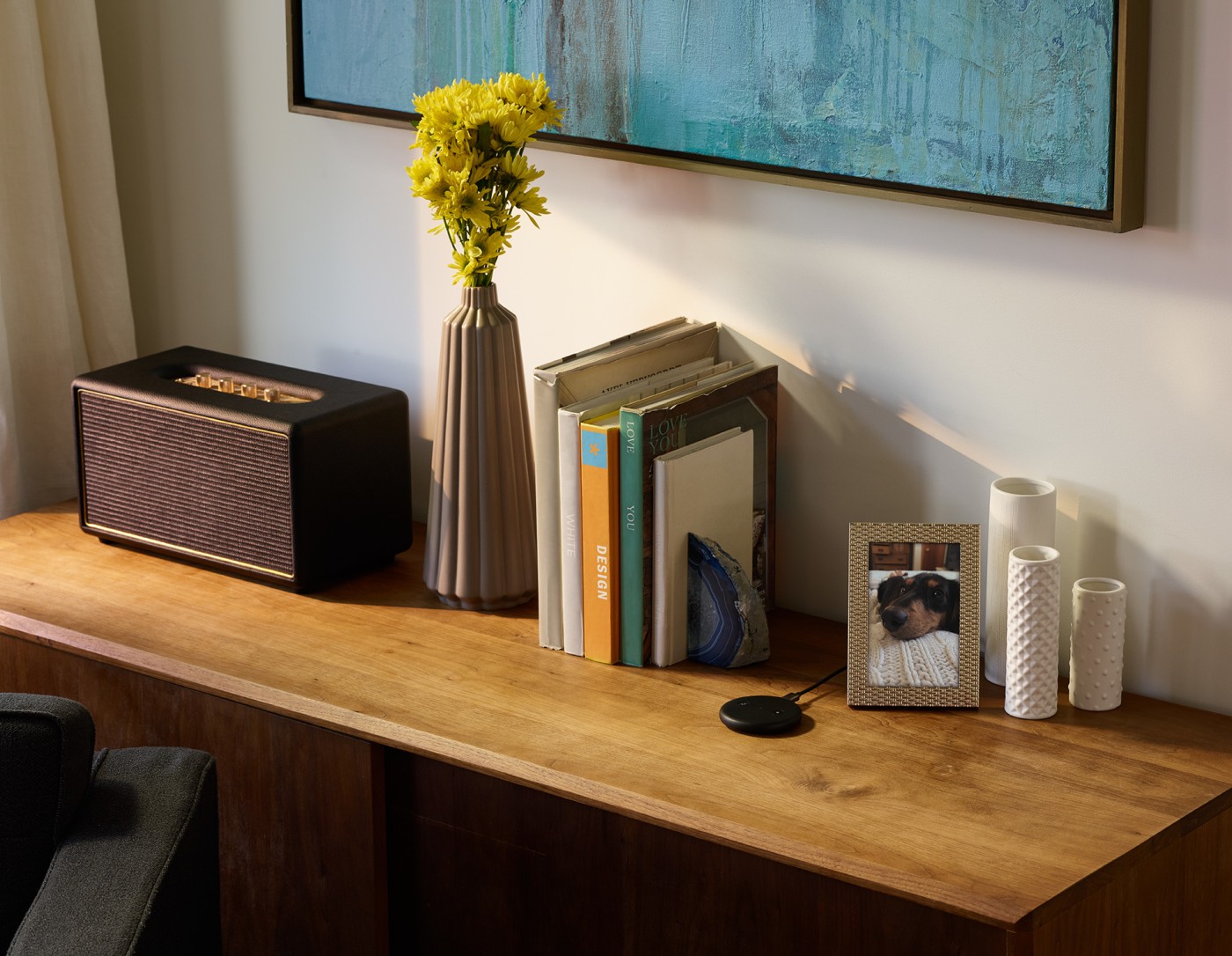If there were any lingering doubts that Amazon is trying to take over the world one living room at a time (and there really shouldn’t have been), Thursday’s Alexa product reveal in Seattle easily put them to rest. While we expected a lot of Alexa products, we didn’t know we’d be getting an audio extravaganza. It’s obvious that, along with plenty of ways to talk to Alexa, Amazon wants to make sure there are plenty of ways for Alexa to talk back — and do so in style. To that end, the company has introduced a slew of new audio devices, including a new amplifier, a subwoofer, an upgraded Echo speaker, and more.
In addition, Amazon has opened up its new Alexa multiroom protocol to third-party devices, which is set to make it shockingly easy to connect multiple speakers throughout the home, and increasingly difficult to stay away from Alexa — even if you wanted to. Below, we’ll break down all the new
Echo Sub ($130)
The new subwoofer is perhaps one of the most interesting new devices laid out by CEO Jeff Bezos and company. Designed to connect wirelessly and work with your other Alexa speakers, the Echo Sub hopes to add some bump to your
Echo Link Amp ($300)
Along with the Echo Sub, one of the more intriguing new devices is Amazon’s new Echo Link Amp, which presents some déjà vu after last month’s Sonos event, in which the multiroom speaker pioneer updated its trusty networking amp with a product called simply Amp. We don’t have all the details yet, but what we know so far is that Amazon’s version will be a relatively low-powered device — just 60 watts split between two channels of audio — which is far less powerful than Sonos’ new product, but should be sufficient to power most traditional speakers you’ve got lying around.
Amazon says the Link Amp offers “multiple digital and analog inputs,” and an image of the Link Amp’s backside reveals an RCA analog input and output, digital Optical and Coaxial inputs and outputs, a subwoofer output, and Ethernet connection. Unlike Sonos’ Amp, the new Link Amp does not appear to have an ARC HDMI port to connect and interface with your TV via Alexa, which is a big miss in our book. The Link Amp also does not appear to have built-in microphones, requiring instead that you control “music selection, volume, and multiroom playback” for your choice of speakers via an Echo device or the
Echo Link ($200)

Serving as a sort of add-on, the Echo Link isn’t an audio device on its own, per se, but a companion sidecar of sorts for your current receiver or amplifier that will add Alexa support, and again, multiroom audio capabilities. When using an Echo speaker or the
Echo Plus ($150)
Amazon hasn’t forgotten the device that put Alexa on the map, and its new, upgraded Echo speaker, the fabric-wrapped Echo Plus, is designed to be more powerful, add more bass, and offer better detail and clarity than its predecessor. The new speaker is also better prepared to work with your other
Echo Dot 3.0 ($50)
The bane of pricier speakers like Apple’s HomePod, the Echo Dot has always been one of the cheapest and easiest ways to land a smart speaker without emptying your checking account, and the new 3.0 is no exception. Amazon says it has improved the sound of the speaker, added 70 percent more volume capacity, and put more focus on sound performance than in the Dot’s previous iterations. The speaker comes in multiple colors and is as sleek and minimalist as always.
Echo Input ($35)
As with the Link, the Echo Input is less of a stand-alone device and more of a companion piece to add Alexa smart home functionality and its new multiroom audio abilities to other devices in your home. Think Chromecast Audio, but in coaster form, and touting
While the new audio devices are the meat of this entre, one shouldn’t underestimate Amazon’s new multiroom audio protocol that will be available for virtually any third-party speaker company. The move not only challenges Sonos and other multiroom speaker makers, but is a brilliant new way to make Alexa all the more ubiquitous in not only the audio segment, but also the smart home market at large. Your move, Google.
